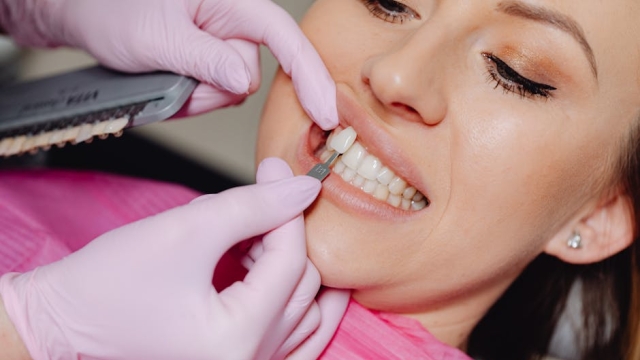
Maintaining good dental hygiene is essential not only for a bright smile but also for overall health. Poor oral hygiene can lead to a range of issues, including cavities, gum disease, and even systemic health problems. Understanding effective dental hygiene practices is crucial for everyone, regardless of age. The following sections will offer practical daily routines, highlight common mistakes, and emphasize the importance of regular dental check-ups, all aimed at providing valuable dental hygiene advice.
Daily Dental Care Routines
A solid daily dental care routine is the foundation of good oral health. Here are the key components:
Brushing
Brushing your teeth at least twice a day is vital. Use a soft-bristled toothbrush and fluoride toothpaste to effectively remove plaque and prevent cavities. Spend at least two minutes brushing, ensuring you cover all surfaces of your teeth: the outer, inner, and chewing surfaces. Remember to replace your toothbrush every three to four months or sooner if the bristles are frayed.
Flossing
Flossing is often overlooked but is equally important. It helps remove food particles and plaque from between the teeth and under the gumline, areas where a toothbrush cannot reach. Aim to floss once a day, using about 18 inches of floss, and be gentle to avoid damaging your gums.
Mouthwash
Incorporating an antimicrobial mouthwash into your routine can provide an extra layer of protection against plaque and bad breath. While mouthwash should not replace brushing or flossing, it can complement these practices. Choose a mouthwash with fluoride for added benefits and follow the instructions on the label for the best results.
Common Dental Hygiene Mistakes
Brushing Too Hard
Many people believe that brushing harder will lead to cleaner teeth, but this can actually harm your gums and enamel. Use gentle pressure and let the bristles do the work. A soft-bristled brush is typically sufficient for effective cleaning.
Skipping Flossing
As mentioned, flossing is crucial, yet many individuals skip this step. Neglecting to floss can lead to gum disease and cavities between the teeth. Make it a habit to floss daily, and consider keeping floss in convenient places to remind you.
Ignoring Dietary Choices
Your diet plays a significant role in dental health. Consuming excessive sugary snacks and beverages can contribute to tooth decay. Aim to limit sugary foods and drinks, and choose healthy options like fruits, vegetables, and whole grains instead. Drinking water throughout the day can also help rinse away food particles and bacteria.
The Importance of Regular Dental Check-Ups
Even the most diligent at-home dental care cannot replace the need for regular dental check-ups. These appointments allow your dentist to assess your oral health and catch potential issues early. During a typical visit, your dentist will conduct a thorough examination, looking for signs of cavities, gum disease, and other oral health issues. Professional cleanings are also performed to remove tartar buildup that regular brushing and flossing cannot eliminate.
It is generally recommended to visit the dentist at least twice a year, but your dentist may suggest more frequent visits based on your individual needs. Regular check-ups not only help maintain good oral health but also provide an opportunity for you to receive tailored dental hygiene advice specific to your situation.
In conclusion, maintaining good dental hygiene requires consistent effort and knowledge of effective practices. By establishing a thorough daily routine, avoiding common mistakes, and attending regular dental check-ups, you can achieve and maintain excellent oral health for years to come. For more personalized dental hygiene advice and tips, consider visiting Dental Fix, where expert insights can guide you on your journey to a healthier smile.






